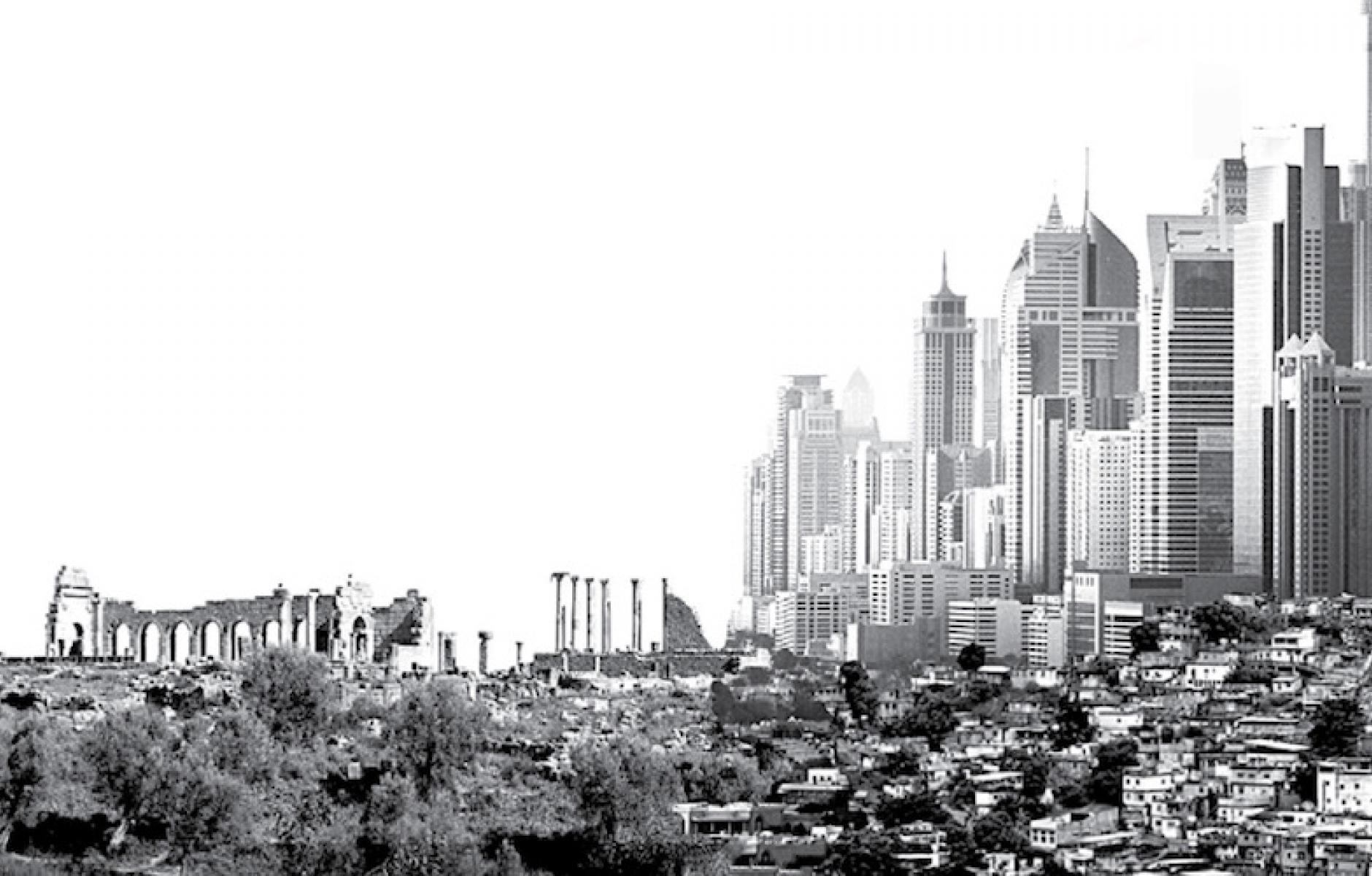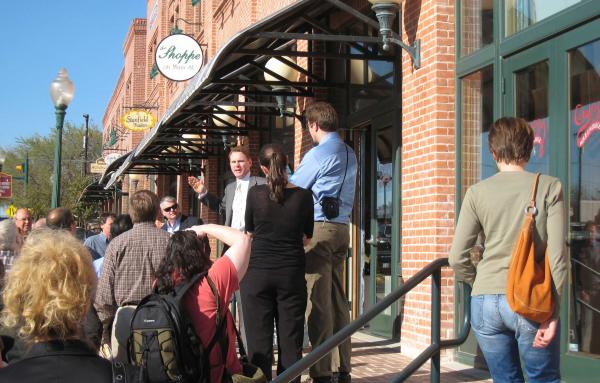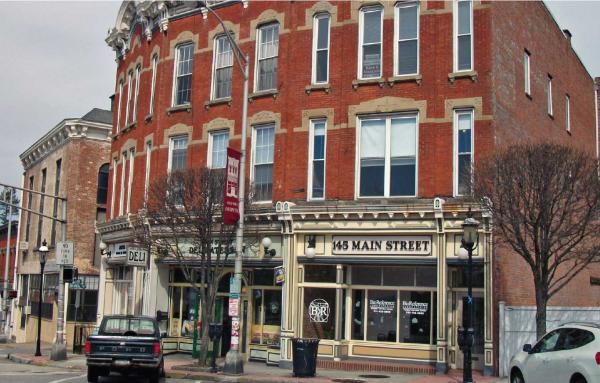
Book Review: The Well-Tempered City
The Well-Tempered City: What Modern Science, Ancient Civilizations and Human Nature Teach Us About the Future of Urban Life, by Jonathan F.P. Rose, Harper Wave, September 2016, 480 pages, $18.74.
The Well-Tempered City is a deeply felt and wide-ranging book by Jonathan F. P. Rose, planner, developer, and long-time New Urbanist. Its subtitle “What Modern Science, Ancient Civilizations, and Human Nature Teach Us About the Future of Urban Life” offers a hint of the book’s depth and complexity. It is a book mindful of history—hopeful in its outlook and helpful with the examples it gives.
The Well-Tempered City is an urgent call to re-evaluate the theory and practice of city-making in a moment in time that Rose characterizes as volatile, uncertain, complex, and ambiguous. As cities face unprecedented challenges—climate change, population growth, income inequality, and terrorism, to name the big ones—“it came to me,” says Rose, “that the concept of temperament that helped Bach create harmony across scales could be a useful guide to composing cities that harmonize humans with each other and nature.”
To tackle those challenges, Rose identifies five essential qualities that make “happier and healthier cities”: coherence, circularity, resilience, community, and compassion. He draws on information from multiple disciplines to define, articulate, and draw lessons for each quality.
Rose is at ease in writing with academic rigor about history, planning, architecture, information and communication technologies, economy, ecology, neuroscience, and religion, to name a few. Those disciplines are, in his view, integral parts of an interrelated system of physical and cultural conditions that in its totality creates the well-tempered city. He also uses his own sizable experience as a builder of affordable and green housing and as an advocate for sustainable, just and equitable communities to illustrate some of the book’s most vivid chapters: “Sprawl and its Discontents,” “Green Buildings, Green Urbanism,” “Water Is a Terrible Thing to Waste” and “Prosperity, Equality, and Happiness.”
One wishes that he had written more about his experience on how to actually build high-quality, green and affordable housing and about Via Verde, a building in the Bronx, that in many ways embodies in a single structure the values set forth by this book. But that is, perhaps, another book.
In the final chapter, on the quality of compassion, The Well-Tempered City addresses the moral principles to help cities evolve “toward a more even temperament, one that balances prosperity and well-being with efficiency and equity.” Key among those principles is what Rose calls “a pervasive sense of altruistic purpose” that “can grow only in the soil of trust.”
It is a powerful and positive message for all involved in city-making—leaders, professionals, and citizens.
Watch Jonathan's talk The Well-Tempered City from last year's CNU 24.Detroit:







